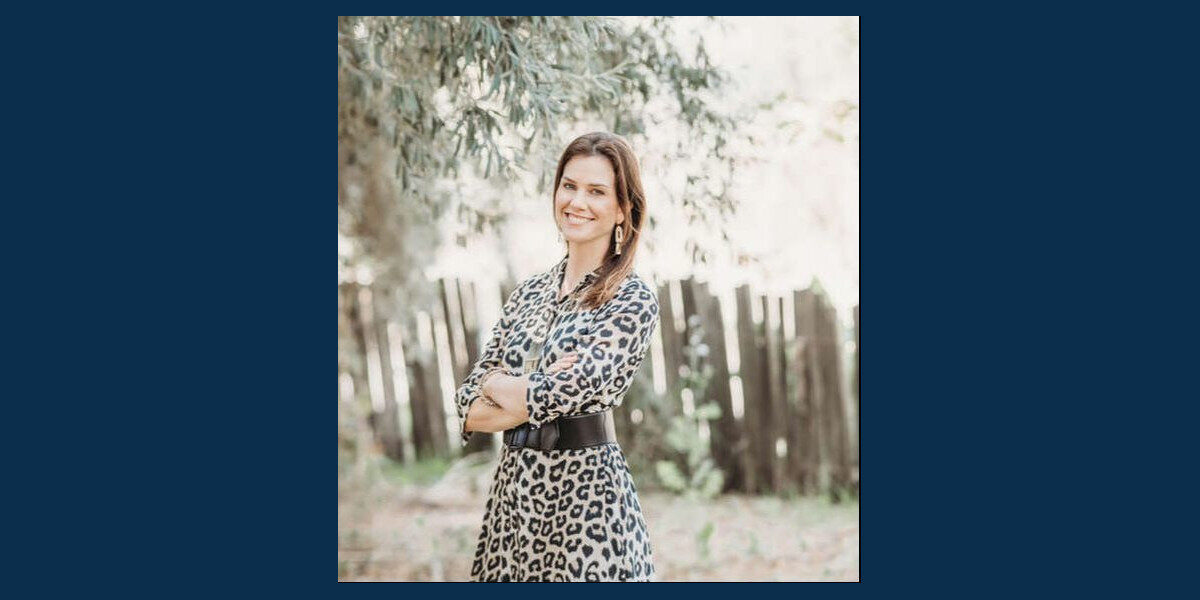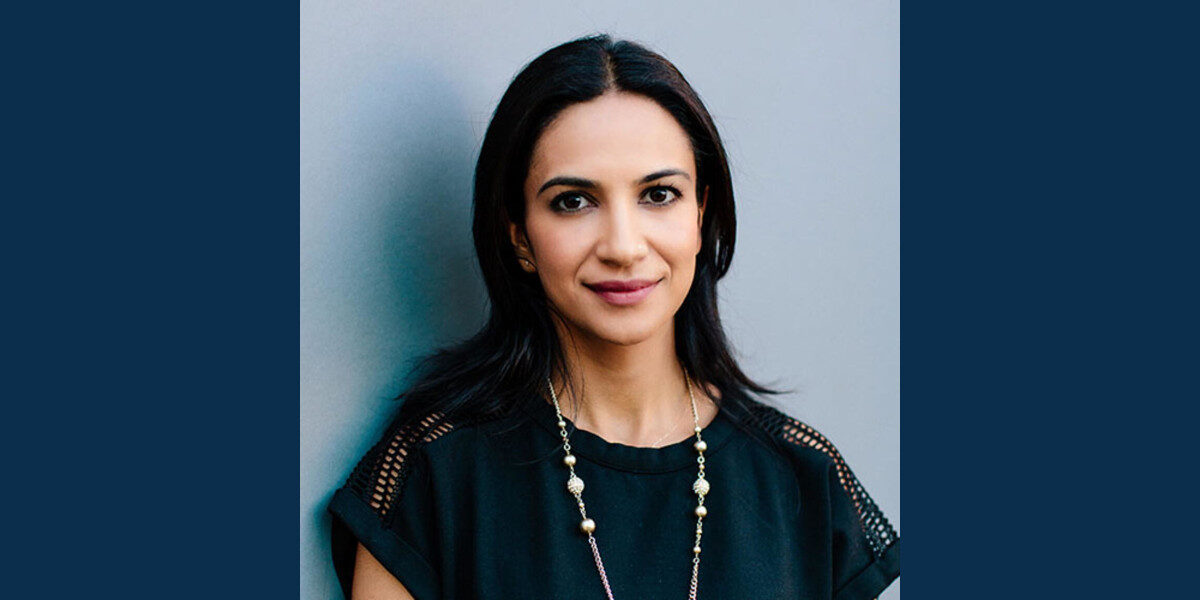

Feeling Suicidal? A Plan Could Save Your Life
2.5 min read. Dr. Adrienne Heinz tells us how the Safety Plan app can help people who feel suicidal.
The holidays hit the hardest. He would have been 40 this year. My little brother Austen and I were 16 months apart, peas and carrots as they say. I went to the University of North Carolina. He went to Duke, nine miles down the road from me. I became a psychologist, probably to figure out our childhood wounds, and he became a genetic scientist. His journey took him to South Korea where he invented a laser that could sequence and print genetic material cheaply and accurately.
Austen had grandiose and ambitious plans to transform modern medicine and he faced a serious existential crossroads. He ultimately decided to commercialize the laser. This meant leaving his graduate program, moving across the world from his fiancée, living on my couch in San Francisco, and building a business from absolutely nothing.
Austen raised over $10 million, opened a laboratory near the San Francisco Giants stadium, hired a cracker-jack team, recruited leading scientific advisors, presented his ideas at conferences around the world, and built that laser. He was touched by fire, and then…
The pressure, overwhelm, and loneliness — so common to the entrepreneurial journey — started to extinguish his spark. Austen became stuck in his head, haunted by his thoughts and scared to seek the help he needed. He died by suicide in the lab where his dream had started.
A sibling is a passenger who rides alongside you, witnessing your most formative, early experiences. Your perspectives may be different, but there is no one else who can know your world like they do. Austen’s passing left a tremendous void that I’m slowly learning to live with.
As time passes and the grief becomes more bearable, I’ve allowed my personal and professional lives to collide. I forgave myself as a psychologist for not being able to save him, and as a human for under-functioning as a mother and wife in the wake of this tragedy. I’ve tried to make meaning out of my loss by helping to ensure that everyone in my brother’s shoes can get the support they need. Turns out, it would be in the form of apps.
I am incredibly lucky to be part of a team at the Department of Veterans Affairs that has created a suite of free, private, science-based mobile mental health apps. The latest app, Safety Plan, helps people manage thoughts of suicide and other difficult feelings. Veterans and entrepreneurs may see different forms of combat in their work, but they both share significantly increased risk for dying by suicide.
“An app for suicide prevention isn’t a magic solution, but it can be a great first step to meeting people exactly where they are. For decades, crisis lines have been helping people rethink their decision to die by suicide but, with smartphones, we can now go a step further.”
Dr. Adrienne Heinz
An app for suicide prevention isn’t a magic solution, but it can be a great first step to meeting people exactly where they are. For decades, crisis lines have been helping people rethink their decision to die by suicide but, with smartphones, we can now go a step further. Apps are discreet, easily accessible, and perhaps a bit less intimidating than calling a crisis line.
There are a lot of myths out there about suicide. Many people believe that you can’t stop someone who really wants to die. But the truth is, an acute suicidal crisis tends to pass after 15 minutes. Research has shown that having a plan for what to do during that short window saves lives.
Safety Plan is a free, public app paid for by United States tax dollars. It will walk you through creating a six-step plan to stay alive when suicidal feelings and impulses strike. Most safety plans are typically written on paper with the help of a healthcare professional — but the app enables easy digital access to those potentially life-saving steps anywhere, anytime. Privacy is a hallmark of our apps and that means we don’t collect or sell personal information. Users can choose to share their safety plan with loved ones and healthcare providers, because oftentimes the best support comes from the people in our village.
Sometimes folks in crisis just need a simple distraction. Safety Plan has cat videos and corny dad jokes for that. The app also has relaxation tools, messages of hope from others who have struggled, and a place to add your reasons to stay alive. If you or someone you know struggles with suicidal thoughts, give Safety Plan a try.
As I said when giving Austen’s eulogy: If you don’t want to be alive anymore, know that one day, you will experience joy that matches this unbearable pain. You might be stuck here in the darkness for a while, but hang on if you can. Life is waiting for you and I promise it’s worth it.
Adrienne Heinz, Ph.D., is a clinical research psychologist at the VA National Center for PTSD and Stanford University School of Medicine. Dr. Heinz has been working in partnership with the Healthcare Foundation Northern Sonoma County since 2017 to create the Sonoma Wildfire Mental Health Collaborative which provided trauma-informed yoga and a mental health app to survivors and trained over 400 therapists in Skills for Psychological Recovery from disaster. She has committed her career to building, disseminating and evaluating digital tools that promote mental wellbeing and reduce silent suffering for all. Dr. Heinz’s research on trauma and resilience informs and inspires her community-based clinical practice with entrepreneurs who are building something from nothing and trying to stay sane in the process.
If you or someone you know is suffering from depression and at risk for suicide, please seek help immediately. Download Safety Plan, or call the Suicide and Crisis Lifeline at 988, or learn more about mental illness and suicide prevention at NAMI.

Related News + Stories
Invest in Our Community
Your support is vital to our collective vision of eliminating health inequities in northern Sonoma County.
Donate



